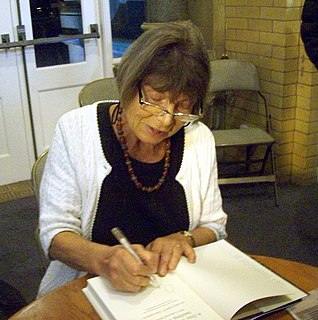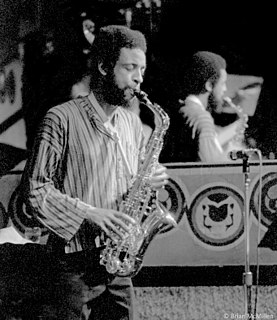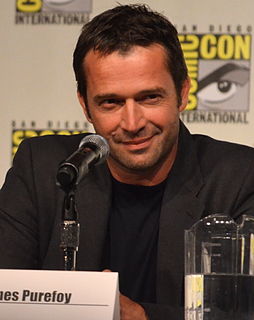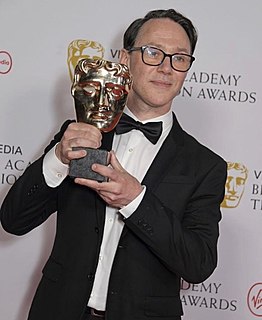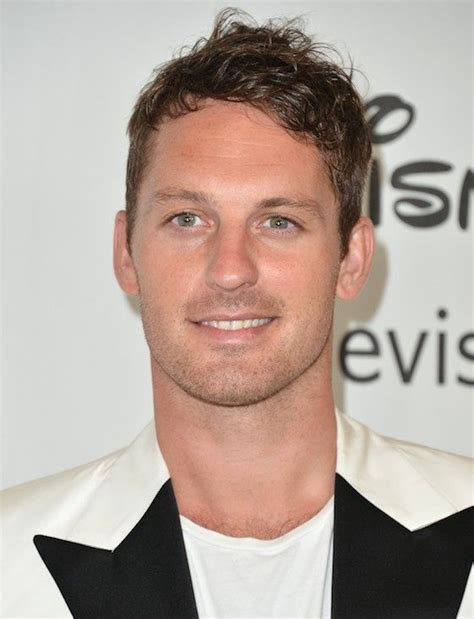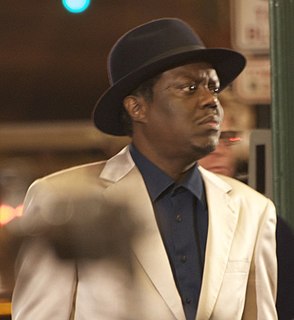A Quote by Margaret Drabble
How extraordinary people are, that they get themselves into such situations where they go on doing what they dislike doing, and have no need or obligation to do, simply because it seems to be expected.
Related Quotes
Do you really need to mentally label every sense perception and experience? Do you really need to have a reactive like/dislike relationship with life where you are in almost continuous conflict with situations and people? Or is that just a deep-seated mental habit that can be broken? Not by doing anything, but by allowing this moment to be as it is.
Not everyone in an organization is in a position to accumulate power through competent performance because most people are just carrying out the ordinary and the expected - even if they do it very well. The extent to which a job is routinized fails to give an advantage to anyone doing it because 'success' is seen as inherent in the very establishment of the position and the organization surrounding it. Neither persons nor organizations get 'credit' for doing the mandatory or the expected.
That is why we have the polio vaccine. People are blazing their own trial. That is what seems to be important. I don't care to follow and to do what the mass is doing. That is not doing anything, to be doing what everyone else is doing. Everybody is unique. The funny thing about people now is that people don't really understand or really appreciate how unique each individual on earth is.
When I was a boy, I would read those postcards and know exactly why my father was doing what he was doing: he was taking a stab at greatness, that is, if greatness is simply another word for doing something different from what you were already doing--or maybe greatness is the thing we want to have so that other people will want to have us, or maybe greatness is merely the grail for our unhappy, striving selves, the thing we think we need but don't and can't get anyway.
It's so easy to get into the same routine. A novel every two years; perhaps, improving technique. But I'm not interested in that. I'm interested in doing something fundamentally important--and therefore, it needs time. And what I've been doing, really, is avoiding this pressure to get into the habit of one novel a year. This is what is expected of novelists. And I have never been really too much concerned with doing what is expected of novelists, or writers, or artists. I want to do what I believe is important.
What interested me the most was that when I [traveled to Europe] I knew what Joseph Beuys was doing, he knew what I was doing, and we both, we just started to talk. How did I know what Daniel Buren was doing, and to an extent, he knew exactly what I was doing? How did everybody know? It's an interesting thing. I'm still fascinated by it because, why is it now, with the Internet and everything else, you get whole groups of artists who have chosen to be regional? They really are only with the people they went to school with.
Live theatre is great. I loved doing the League live because you get that element of spontaneity, but then when I'm doing live I start to crave the precision of filming. It's a different discipline; it's like a scalpel and you're very precise suddenly. It's scary as well because you think this is it, this is my one go at making it if I can the best it can be, because this is how it's going to be remembered and rendered and left on this film indelibly. And people are going to look back on this and that's that.
All you do as a performer is keep doing it. If you keep doing it, then it depends on why you're doing it. If you're doing something for superficial, monumental reasons and if you're doing it for female attention, or if you're doing it for money, it's like being upset. Only way you can get upset is when you expecting something. If you don't get this award or don't get that award, that because you expect something.
